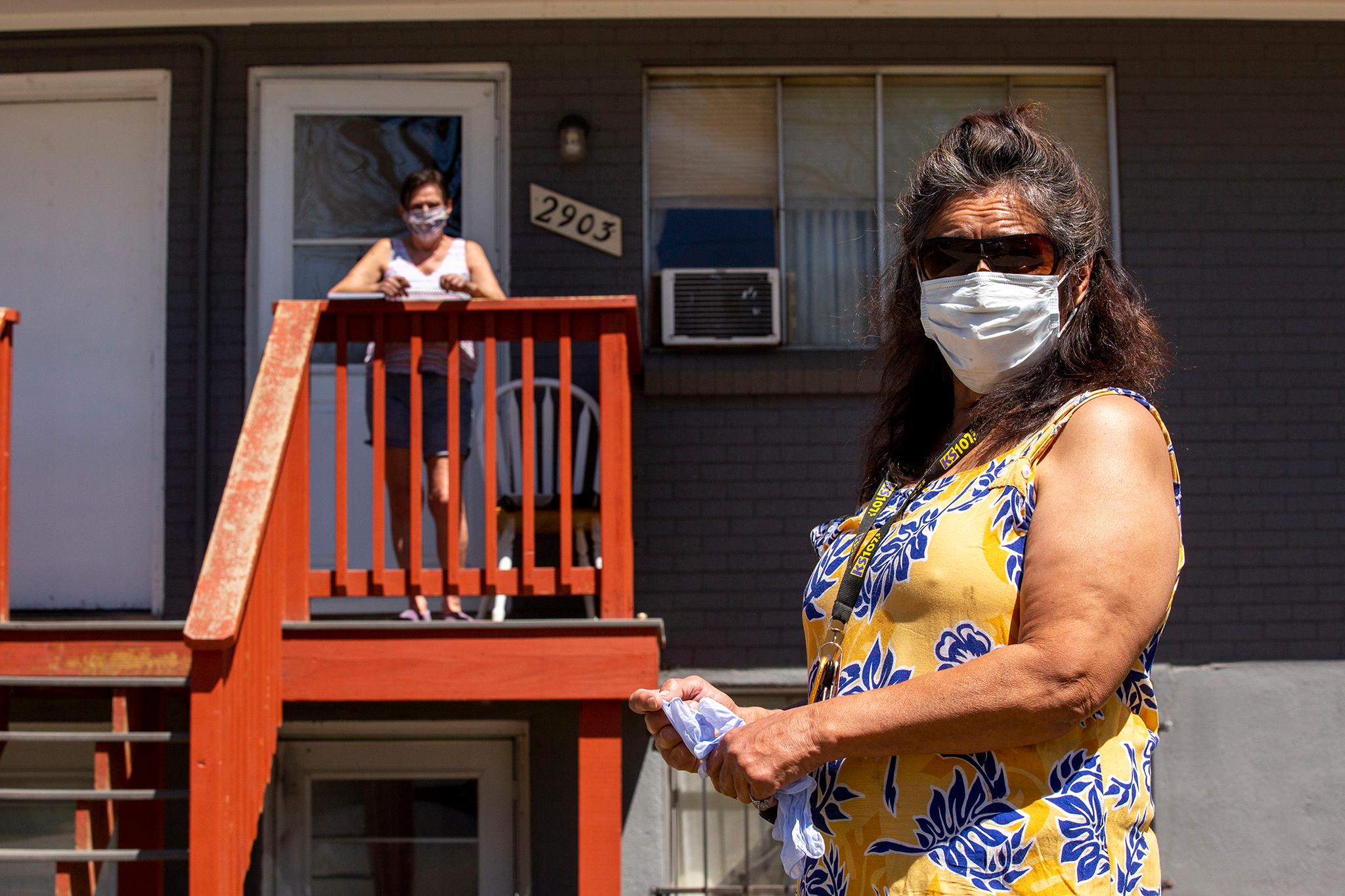A report from the Centers for Diseases Control released Friday highlights possible reasons why COVID-19 has disproportionally affected Latinos in Denver, who have the highest rates of infections and hospitalizations in the city.
The report is part of the CDC's Morbidity and Mortality Weekly Report for the coronavirus. It was co-authored by doctors and health researchers from Denver Health and University of Colorado Anschutz Medical Campus.
Researchers focused on cases between March 6 to October 6 and found that the factors leading to the disproportionate incident rate include Latinos living in living in larger household sizes, working in essential industries and working while sick -- among other reasons. The report added Latinos were more likely to report known exposures to the coronavirus.
Among people with detailed employment information available, more Latino adults reported working in essential industries (68.8 percent) than non-Latino adults (60.2 percent). The report said Latinos in Denver disproportionately work in industries more at risk for coronavirus exposure including in agriculture, construction, health care, food services and waste management.
These were industries the report noted where, "workers might continue working while ill because of economic concerns or lack of paid medical leave." The report said a higher percentage (86.4 percent) of symptomatic Latinos reported working while sick with COVID-19 than non-Latinos (77.3 percent).
Underlying health conditions like diabetes and obesity may also play a factor in contraction of COVID and severity of cases, according to the report.
According to the report, during these seven months, "the majority of adult COVID-19 cases (54.8 percent), hospitalizations (62.1 percent), and deaths (51.2 percent) were among persons identifying as Hispanic, more than double the proportion of Hispanic adults in the Denver community (24.9 percent)."
The report followed people who identify as either Hispanic or Latino.
The information was gathered by Denver Public Health staff, who interviewed people and reviewed medical records for people diagnosed with COVID-19. Some interviews were done in Spanish.
The report said reducing rates among the group will require creating plans to address "social and environmental factors" contributing to an increased risk of infection and transmission. It also notes improving access to "culturally congruent care" could also help.
Latino residents continue to be disproportionally impacted. The most recently available data from Denver Public Health shows Latinos make up 44.3 percent of COVID-19 cases in the city, more than any other race or ethnic group.
Gov. Jared Polis told Colorado Matters on Friday that vaccine doses for at-risk Coloradans could be available as soon as next week.













